Hawaii Business Magazine reports that 1 in 3 members of the general working public in Hawaiʻi prefer a hybrid work schedule, with nearly 1 in 4 additional workers preferring remote work. This means that well over half of the public prefers to work off-site, with many preferring freelance or self-employed positions over traditional models. This introduces new business insurance challenges for the many thousands of off-site professionals now working in Hawaiʻi, who must choose and maintain the right coverage for their changing needs.
This article goes into detail about business insurance for freelancers and self-employed professionals in Hawaiʻi, including the types of coverage they need and how they can assess risk in their new remote field.
Why Freelancers and Self-Employed Professionals Need Business Insurance
Even though freelancers and self-employed professionals do not directly work for a larger organization, they still face many of the same legal liabilities and financial risks. For example, they still contend with the risks of client disputes, property damage, cyber threats and more.
Additionally, many freelance clients require proof of insurance to protect themselves from risk before hiring remote professionals. Even without requiring insurance, providing proof of protection helps foster professionalism for the freelancer’s business and build trust with current and future clients.
Types of Business Insurance to Consider
Not all business insurance policies are the same, especially for freelance professionals, who need distinct protections for off-site workflows. Consider these 7 types of business insurance protection for freelance or self-employed businesses:
General Liability Insurance
General liability insurance covers the costs of third-party bodily injury and property damage, as well as legal expenses. This type of coverage protects self-employed workers from the risks of in-person work, such as a client meeting, a space rented with a coworker, or any other physical situation. For example, a client may visit the home business and trip over office equipment, opening the door for bodily injury lawsuits.
Notably, even freelance operations that are conducted completely online may be required to show proof of general liability before clients will accept a contract.
Professional Liability (Errors & Omissions) Insurance
Professional liability insurance protects against claims of negligence, missed deadlines, or other professional errors or omissions. This coverage protects consultants, designers, developers, and other service providers from potential damages and legal defenses if their advice or work triggers a claim. Even a freelance writer may need professional liability insurance if a client accuses them of plagiarizing a contract.
Business Owner’s Policy (BOP)
A business owner’s policy (BOP) is a combined policy that includes general liability and property coverage, two essential protections for freelancers, usually at a lower premium. A BOP may also include income protection and equipment coverage if a portion of the business is lost due to a covered event or injury.
Commercial Property or Equipment Insurance

Commercial property insurance covers the costs of damage or loss for tools and technology related to the business. For example, this coverage allows photographers to protect their cameras, and writers or designers to protect their computers.
Cyber Liability Insurance
For today’s freelance and self-employed professionals, cyber liability insurance is more important than ever. This coverage protects against data breaches, hacking, lost identities, and lost client data. Even professionals who do not handle sensitive client data must protect their digital identities to provide their clients with risk-free services.
Workers’ Compensation
Workers’ compensation is required in Hawaiʻi, even if the freelancer only hires one employee or subcontractor. Sole proprietors may not be required to hold workers’ comp policies, but they may still be useful to protect against physical and legal risks.
Health, Life, and Disability Plans
Health, life, and disability coverage, while not technically business insurance, provide continuity between the business’s financial assets and its greatest physical asset, which is the freelancer. Policy options are often available through associations or freelancers’ unions.
How to Choose the Right Coverage
Choosing the right coverage for self-employed professionals can be difficult, but these four steps can simplify the process:
Assess Your Risks Based on Your Industry
Different industries have different protection needs for both coverage types and amounts. For example, health and wellness coaches likely need more professional liability coverage than freelance writers since their contracts involve physical well-being. By contrast, creative designers and photographers should opt for robust equipment coverage. Different fields represent different risk exposures, which freelancers should recognize when planning their coverage.
Review Client Contract Requirements
Sometimes, having business insurance is not completely in the freelancer’s control. Many clients require proof of insurance, even verifying specific coverages or liability limits, before accepting a contract.
Understand Your Work Environment

Operating a business from home presents risks that may not always be covered by renters or homeowners insurance. Check all current policies to verify if the presence of a home business could cause issues or damage claims to be denied.
Work with an Independent Insurance Advisor
Brokers help package customized policies based on the needs of the individual freelancer. They help workers get the coverage they need without overpaying for unnecessary coverage.
Local Insurance Advisors Help Freelancers in Hawaiʻi Get the Insurance Protection They Need
Freelancers and self-employed professionals often underestimate the unique risks of their work. At Atlas Insurance, our local advisors work with Hawaiʻi’s freelancers to build custom business insurance packages that fit their industry and workflow. With over 100 years of experience where we live and work, and the distinction of being Hawaiʻi’s largest insurance agency, we know how to find coverage that truly protects and keeps costs competitive.
Contact our team today to learn more about business insurance in your situation as a freelancer or self-employed professional in Hawaiʻi.
